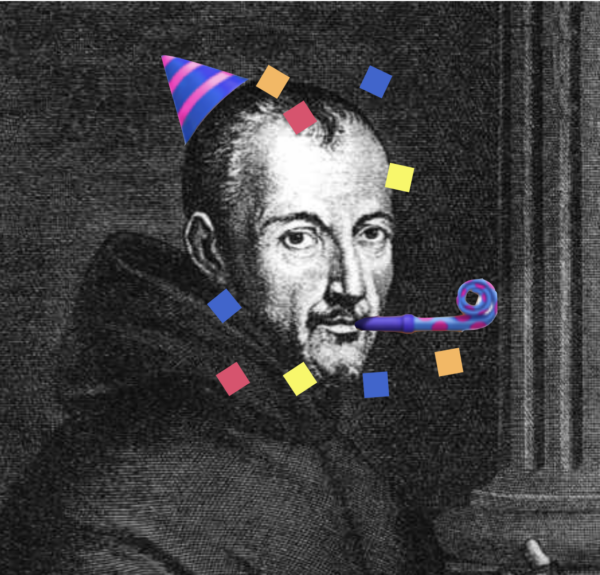Aperiodical News Roundup – October 2024
The Aperiodical 2024-11-03
Here’s a roundup of some of the maths-related news from this month we didn’t otherwise cover here!
Maths News
The obvious big maths news this month is that a new Mersenne prime has been found: it’s now official that 2¹³⁶²⁷⁹⁸⁴¹−1 is a prime, an indivisible whopper with almost twice as many digits as the previous largest known prime. The last new one was discovered in 2018, so it’s big news for the community, and was discovered by Luke Durant (one of many participants in the mass distributed computing project GIMPS, whose computer was the one that found it).
According to the official GIMPS press release, some wonder if this prime discovery “ends the 28-year reign of ordinary personal computers finding these huge prime numbers”, since Durant used processing power in the cloud, and “developed infrastructure to run and maintain a suite of GIMPS software across many GPU servers”. You can hear an interview with Durant in this Numberphile video, and other maths peeps were quick off the mark with a video from Ayliean and another one from Matt Parker both going out very shortly after the discovery was confirmed.
While most mathematicians agree that this kind of stamp-collecting is a gloriously pointless endeavour, they haven’t seen Ayliean’s new Say The Prime project, or to give it its full name, Can Humans Say The Largest Prime Number Before We Find the Next One?. Only time will tell.
Awards and grants
Meanwhile, the Nobel Prize in Physics has been awarded to John J. Hopfield and Geoffrey E. Hinton “for foundational discoveries and inventions that enable machine learning with artificial neural networks”. Is it physics? Who can say.
The National Academies of Sciences, Engineering, and Medicine in the USA have announced the 2024 Recipients of the Eric and Wendy Schmidt Awards for Excellence in Science Communications, including maths communciator Kyne Santos who creates a mathematical drag TikTok channel, as well as the book Math in Drag and Think Queen podcast, scooped the Independent Science Communicator award. “Her use of vibrant visuals and storytelling make mathematical concepts accessible and engaging, particularly for underrepresented groups in STEM, and her multimedia content challenges stereotypes and promotes inclusivity in STEM fields.”
And finally, the Campaign for the Mathematical Sciences call for proposals for Maths Degrees for the Future Grants is now open, encouraging innovative new designs for maths degrees. (via @campaignmathsci on Twitter).


